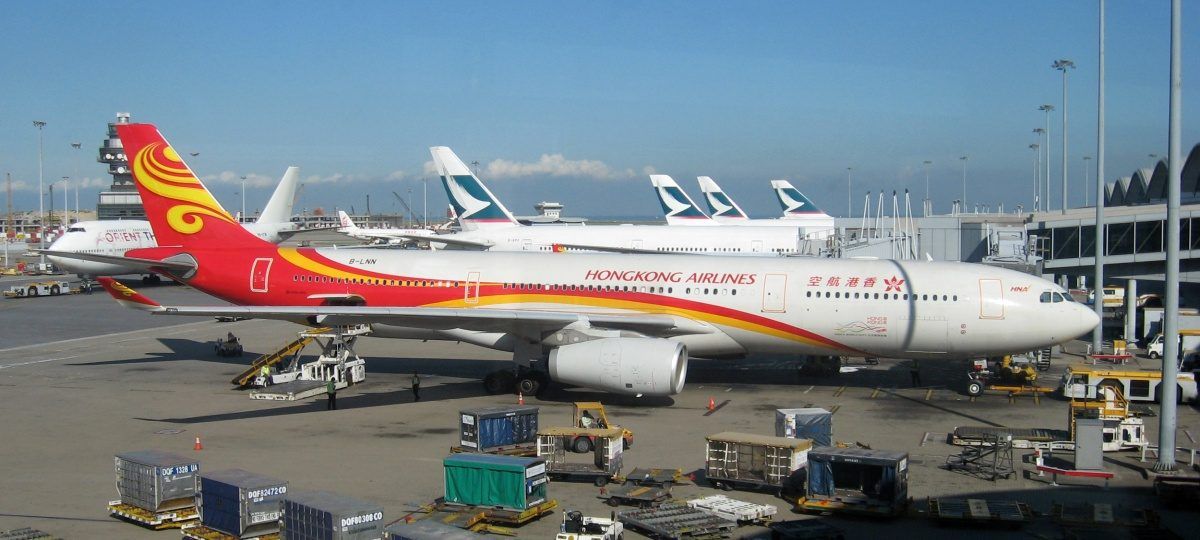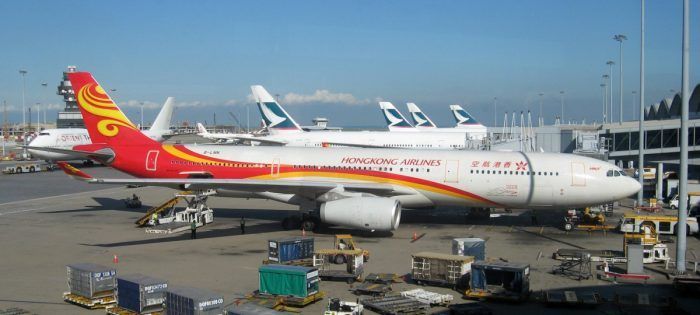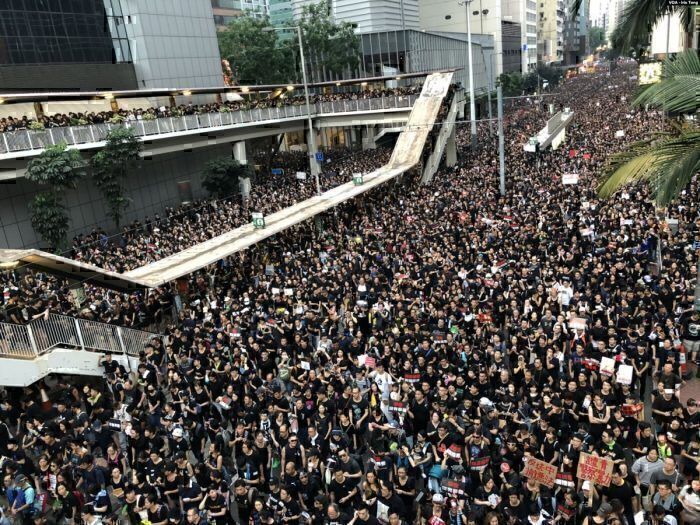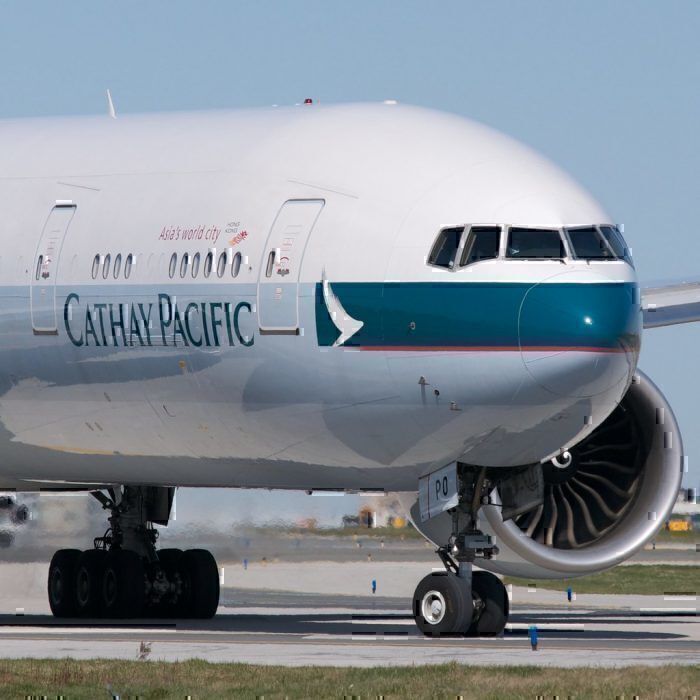Several airlines have urged the Hong Kong government to waive airport landing and parking fees, in an effort to make Hong Kong more competitive in the international market. The aviation industry in Hong Kong has been hit by a downturn in recent months, with a protest crisis in the city also having a particularly damaging impact.
Broad coalition
The Board of Airline Representatives (BAR) of Hong Kong, a coalition of over 70 airlines involved with Hong Kong flights, also suggested trimming other operating costs associated with airports, including rental fees for offices and lounges.
In response to the crisis situation in Hong Kong, the government has already pledged relief measures worth HK$19 billion (US$2.4 billion), but the authorities declined to put any money aside for airlines.
This will undoubtedly be worrying for the airline industry in Hong Kong, at a time when Hong Kong International Airport is clearly struggling to attract trade and visitors. Earlier this month, it was announced that the airport had suffered its biggest monthly drop in passengers since 2009, with 80,000 fewer travelers having ventured into Hong Kong during August.
And Hong Kong Airlines has just announced its intention to cut capacity for the remainder of 2019.
Government protests
Government protests have gripped Hong Kong recently, as large swathes of the population react strongly to an extradition bill that has now been withdrawn. Protests have since evolved into a wider campaign aimed at achieving a more democratic society in Hong Kong.
As the airline industry in Hong Kong attempts to get back on track, BAR chairman Ronald Lam Siu-por – also an executive at Cathay Pacific - wrote to the Transport and Housing Bureau of the government, expressing his view that the loss of earnings for the airline industry had made flying to Hong Kong an unfeasible prospect.
“In view of the situation, the BAR urges the Hong Kong government to consider issuing short-term relief measures that can help airlines survive this extremely difficult time,” the letter commented. “It would definitely help if the government could temporarily waive these operating expenses so that airlines operating in Hong Kong can remain commercially viable,” BAR asserted, in a letter seen by the South China Morning Post.
Cathay Pacific stated that by waving the costs suggested by the group that significant savings could be made. It suggested that this would make Hong Kong International Airport a more attractive proposition for overseas carriers.
Aviation is associated with 330,000 jobs in Hong Kong, contributing over 10% of the city's GDP. Meanwhile, landing and parking charges account for 16% of operating costs at Cathay Pacific, according to the airline's annual report.
Review ongoing
The Transport and Housing Bureau of Hong Kong has agreed to review the suggestions of the coalition but stopped short of agreeing to the terms. “We will closely monitor the situation and consider suitable relief measures as and when necessary,” an official statement read.
Faced with similar difficulties, the Hong Kong government offered financial help to the aviation industry between 2004 and 2004, and in 2009, but the level of the state report requested on this occasion is larger than anything proffered previously.




